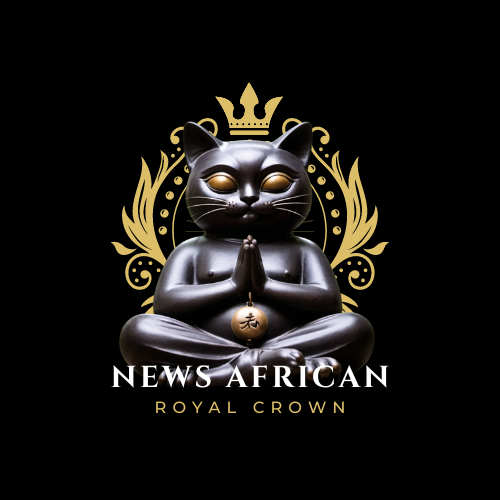
On March 25, 2024, 17 mountain bongos—the world’s largest and most endangered forest antelope—were successfully repatriated from Palm Beach, Florida, US, to Kenya.
Following complex logistical arrangements, the animals departed Palm Beach International Airport on 23 February aboard a Mountain Bongo-branded DHL Boeing 767. They were transported in custom-built crates, accompanied by six tonnes of pelleted feed and three animal-care experts, including a wildlife vet.
Upon arrival, the bongos were taken to a specially designed sanctuary in Buuri, Meru, on the northeastern slopes of Mount Kenya.
Lewa Wildlife Conservancy CEO Mike Watson described the repatriation as a significant milestone in the ongoing efforts to recover one of Kenya’s most iconic and critically endangered species.
The Rare Species Conservatory Foundation (RSCF) in Florida donated the animals after decades of research and breeding, which began in 1991. The complex translocation process was made possible through a collaboration between RSCF, Lewa Conservancy, Tusk, DHL, and Kenya Wildlife Service (KWS).
In consultation with the project team, RSCF carefully selected 17 bongos—12 females and five males—from its large breeding herds. To prepare them for travel, they were segregated for pre-shipment testing and quarantine, in line with KWS protocols, within a specially designed corral-chute system.
The bongos were vaccinated against pathogens and given a pioneering recombinant-DNA vaccine developed specifically for the project by the Infectious Diseases Laboratory (IDL) at the University of Georgia, US, in collaboration with Kenya’s International Livestock Research Institute (ILRI).
After landing at Jomo Kenyatta International Airport (JKIA), KWS transported the animals 250km by road to the new sanctuary.
Lewa Wildlife Conservancy played a pivotal role in the construction of the 20-acre mountain bongo sanctuary, in partnership with the Meru Bongo & Rhino Conservation Trust (MBRCT), KWS, and the Kenya Forest Service.
The sanctuary is part of Kenya’s first-ever conservation public-private-community partnership and a key pillar of the country’s National Bongo Action and Recovery Plan. It provides a secure breeding ground for the species, with the long-term goal of re-establishing a sustainable population across the Mount Kenya ecosystem and beyond.
“Bringing the mountain bongos back to Kenya is a historic moment in the restoration of the country’s natural heritage. For decades, these animals have been largely absent from the very forests where they belong, and this project is crucial in reversing that loss. Seeing them set foot on Kenyan soil again is a powerful reminder of what can be achieved when organisations work together,” said Lewa Board Member Prof Judi Wakhungu.
She added that the bongos have already begun mating, further underscoring Kenya’s distinguished wildlife conservation efforts.
Meru Bongo & Rhino Conservation Trust (MBRCT) Chairperson John Kinoti emphasised that, beyond conservation, the initiative will focus on community empowerment, including education, healthcare, and local development projects.



